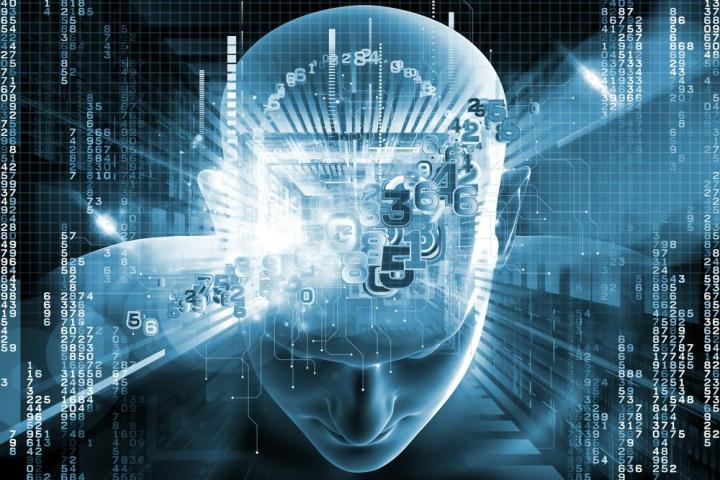
This year’s shareholder letter was the first since the announcement of Alphabet last August as the Google parent company. It’s also the first time anyone other than original Google founders Larry Page and Sergey Brin wrote the letter. Search is what got Google started and search is Google’s future. It’s our future too, but search is already different today than it was in 1998 when Google launched, and someday it will be vastly different than it is today. Artificial intelligence and machine learning will assist and work for us in ways we can only begin to imagine. The way Nvidia’s GPU-based system trains driverless cars by watching humans drive, gathering massive amounts of data, and then creating the rules, is one very recent look at machine learning.
Related: Thanks to a $28 million grant, Harvard is heavily researching artificial intelligence
Today we still think of devices first. Most of use smartphones and some use tablets. We are certainly aware of our desktop and laptop computers. But imagine if all those devices disappeared. Not that computers and the devices are really going away, but we won’t be as aware of them. As we speak, move, gesture, look, and — at some time not so far off — even think, the world of future computers will work with us.
As Google’s Pichai states the shift, “Looking to the future, the next big step will be for the very concept of the ‘device’ to fade away.” And Google is not alone, but joined in readying for the transition from device-centrism to AI by virtually every major player in what is still somewhat quaintly referred to as the “computer business.” Facebook’s smart assistant “M,” Microsoft’s renewed focus on AI, and Amazon’s home hub manager, Alexa, are examples cited in USA Today’s coverage of the Google CEO’s message.
There are huge problems to be faced, but Pichai says that because of the transition, Google will be there to help, “This is another important step toward creating artificial intelligence that can help us in everything from accomplishing our daily tasks and travels, to eventually tackling even bigger challenges like climate change and cancer diagnosis.”


